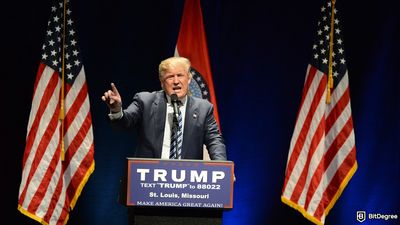A lawsuit filed against Keith Gill, known as "Roaring Kitty," by GameStop investor Martin Radev, was dropped just three days after it was initiated for reasons that remain unclear.
The case was dismissed "without prejudice," allowing Radev the option to refile the lawsuit in the future.
The lawsuit, which was submitted in the Eastern District Court of New York on June 28, accused Gill of securities fraud. It alleged that Gill manipulated the GameStop stock price through a "pump and dump" scheme via his social media influence, leading to significant financial losses for investors.

Did you know?
Want to get smarter & wealthier with crypto?
Subscribe - We publish new crypto explainer videos every week!
What is Ethereum Classic & ETC Coin? (Animated Explainer)


Radev's main claim was that Gill had misled his followers and other investors by not disclosing his plans to sell 120,000 GameStop call options before their expiration on June 21, which Radev argued constituted securities fraud.
Eric Rosen, a former federal prosecutor and partner at law firm Dynamis LLP, commented on June 30:
This complaint is likely doomed from its inception and susceptible to dismissal if Roaring Kitty files a well-crafted motion to dismiss.
He pointed out that proving fraud in this context would be challenging, especially since Radev appeared to be capitalizing on the hype surrounding Gill's social media activity rather than acting as a "reasonable investor." Rosen explained:
It is unreasonable to purchase securities simply because an individual named Roaring Kitty posted innocuous tweets on social media.
Gill, who played a key role in the GameStop stock surge of 2021, reemerged on social media on May 13 after two years of silence, posting a series of memes on his X account and causing renewed volatility in GameStop's stock price.
In early June, Gill revealed on Reddit his possession of 120,000 GME call options set to expire on June 21. He exercised these options before their expiry and used the proceeds to buy four million more GME shares.
The withdrawal of the lawsuit against Gill leaves many questions unanswered, but it highlights the ongoing impact of his actions on the stock market and investor behavior.






















